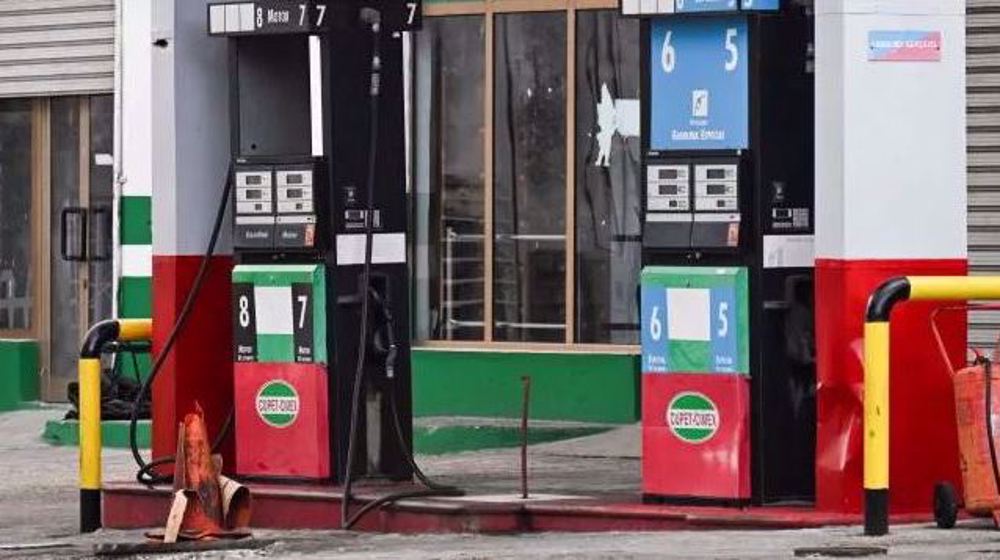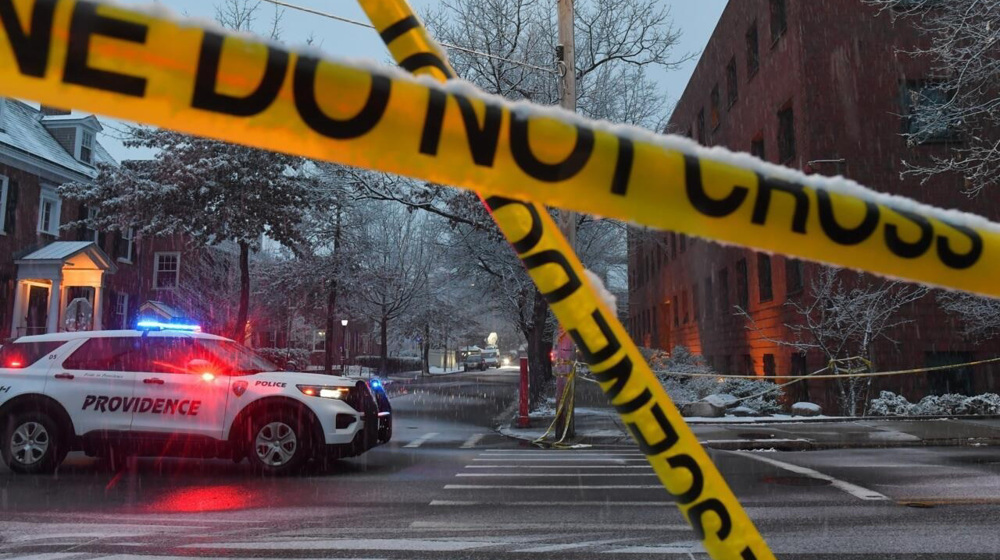Canada mulling body cameras for police to enhance public trust
The head of the Royal Canadian Mounted Police has said she would seek to equip officers with body-worn cameras to increase trust, accountability and transparency, according to a statement from a spokesman.
Earlier on Monday, Canadian Prime Minister Justin Trudeau said he wanted police to wear body cameras to help overcome what he said was public distrust in the forces of law and order.
Protesters in Montreal and other Canadian cities took to the streets on Sunday in the latest international demonstrations against police brutality, sparked by the death of black man in Minnesota as a police offer knelt on his neck.
RCMP Commissioner Brenda Lucki has agreed to “engage in work and discussion... on a broader rollout of body-worn cameras” with the National Police Federation union, a statement from spokesman Dan Brien said.
“The commissioner agrees it is critically important for Canadians to feel protected by the police and is committed to take whatever steps are required to enhance trust between the RCMP and the communities we serve.”
“The use of body-worn cameras by RCMP officers was discussed as a means of ensuring accurate evidence gathering and accountability... (and) increased transparency,” the statement said.
Earlier on Monday, Trudeau said he had spoken to Lucki.
“One of the things we discussed was the adoption of body cameras. I’m committing to raising this with the provinces this week so we can move forward as quickly as possible,” Trudeau told a daily briefing. “Body cameras (are) a significant step towards transparency.”
The RCMP, which is a federal police force, also services eight of the 10 provinces. Ontario and Quebec, the two most populous provinces, have their own police.
“Many people in this country simply do not feel protected by the police. In fact, they’re afraid of them,” Trudeau said.
Toronto's first black police chief announces surprise retirement
The first black police chief of Toronto, Canada’s largest city, abruptly announced his retirement on Monday, saying he would step down nearly a year early on July 31, just days after kneeling with protesters calling for police reform.
Mark Saunders said he plans to spend more time with his family and also hoped to work on community initiatives “near and dear” to him.
Toronto’s city council voted in August 2019 to extend Saunders’ contract to April 2021.
Last week, Saunders knelt with protesters demonstrating against police brutality and decrying the death of George Floyd, an unarmed black man, while in the custody of Minneapolis police.
He told the Canadian Broadcasting Corporation last week that Floyd’s death left him with a “horrible feeling” in his stomach.
“It still bothers me,” he said. “That is not what law enforcement is trained to do.”
Saunders has been with the Toronto Police Service for 37 years, holding the role of police chief since 2015.
Saunders, who suffered from kidney disease and underwent a transplant in 2017, said health was not a factor in his decision to retire.
“We will continue to see the benefits of his work on modernization and culture change for years to come,” Mayor John Tory said in a statement.
On Monday, two Toronto city councilors put forward a motion to cut the city’s police budget by 10%, one of the councilors said in a tweet.
Calls to defund the police are growing across the United States and Canada, with Minneapolis’ city council voting to dismantle its police force entirely.
Saunders said that if funding was decreased, “then there needs to be other agencies that satisfy the needs of the community. In the absence of that, things would not work.”
(Source: Reuters)
California governor slams Trump, urges Europe to see him as ‘temporary’
Explainer: What does Rust Belt’s continued decline reveal about American capitalism
Ten Palestinians killed in Israeli strikes across Gaza Strip despite ceasefire
Syria's HTS says Israeli regime 'seeking conflict' in region
Gunmen kill at least 32 people in northern Nigeria
Israel attacks south Lebanon amid ongoing ceasefire violations
Discover Iran: Shahr-e Sukhteh, a Bronze Age marvel of urban planning, artistry and trade
VIDEO | Thousands march against NATO summit in Munich











 This makes it easy to access the Press TV website
This makes it easy to access the Press TV website